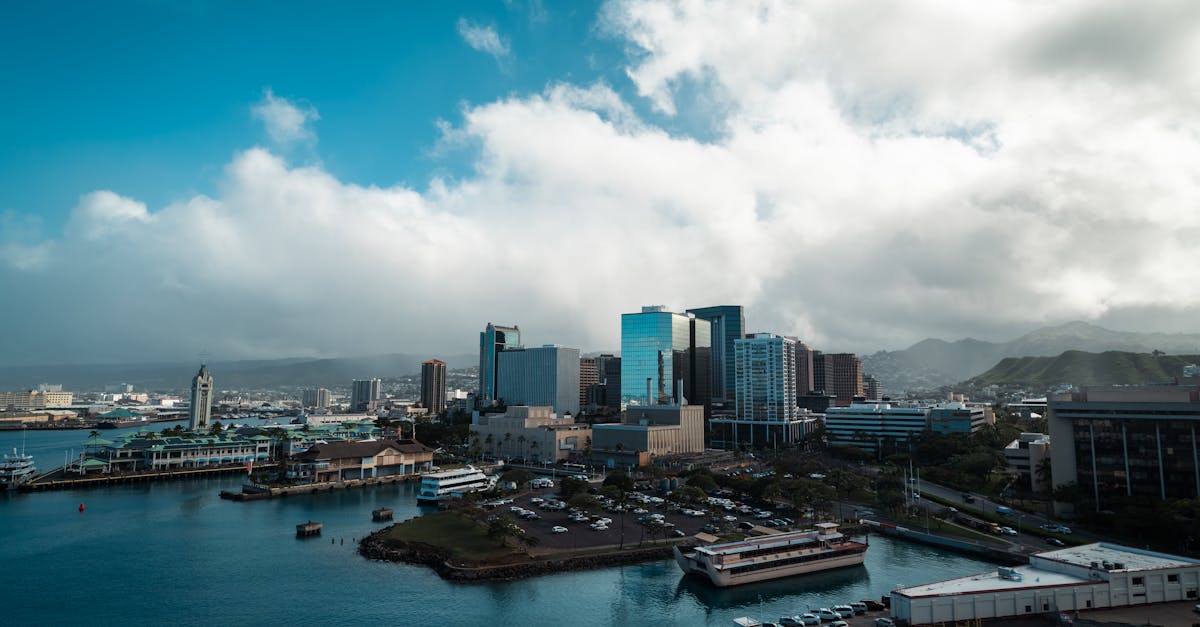Hawaiʻi's social safety net is being stretched thin as Aloha United Way (AUW) grapples with a significant increase in demand for its 211 helpline services. According to a recent report by Maui Now, the helpline, which typically manages around 150 contacts daily, saw a dramatic surge to over 850 calls, texts, and chats in a single day. This escalation follows recent announcements regarding the Hawaiʻi Relief Program and the Hawaiʻi Emergency Food Assistance Program (HEFAP), indicating a heightened need for information and resources among residents.
The 211 helpline, operated by Aloha United Way, serves as the only comprehensive, community information and referral helpline in Hawaiʻi. It provides access to over 4,000 local resources through a database of more than 1,400 agencies and programs. Aloha United Way's website highlights the critical role 211 plays in connecting individuals with essential services, including food, shelter, financial aid, and childcare. The surge in calls suggests a pressing need for these services and a potential increase in economic vulnerability for many residents across the state.
The sudden spike in demand also places considerable pressure on AUW's operational capacity, requiring swift action to manage the increased call volume effectively. The organization must ensure that it can maintain service levels while providing accurate and timely information. Furthermore, this situation reveals potential gaps in the public's understanding of available resources or challenges in accessing them. This surge underscores the importance of public awareness campaigns and streamlined access to essential services.
Hawaiʻi Public Radio notes that 211 operators handle thousands of calls annually, emphasizing the helpline’s significance for those in need. For local businesses, the increased demand for social services and resources directly impacts the workforce and customer base. The strain on residents could potentially reduce consumer spending and affect overall economic activity across the islands. Entrepreneurs and business owners in Hawaiʻi should proactively assess community needs, offering support where possible, and understanding the evolving economic landscape.



